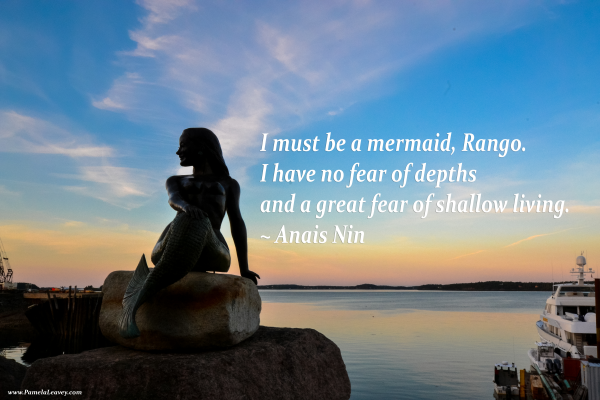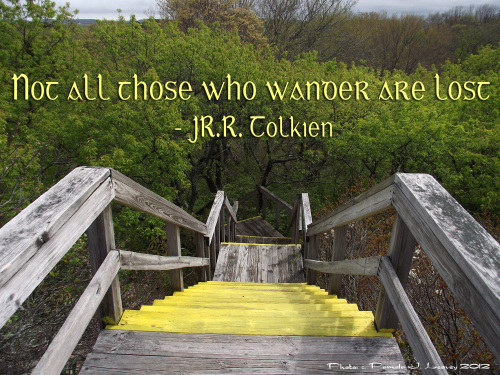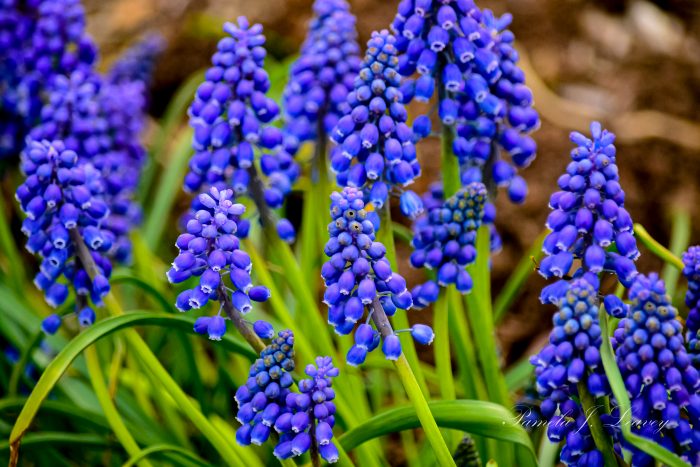July 5, 2021
When prompted, in my graduate studies class, Theory and Criticism of Literature, to write about why I turn to literature, I cited literature as a source to understand the human struggle. This question, “what does literature do” was posed after reading an excerpt of Plato‘s Republic. My response follows…

I believe that literature is capable of expanding our minds as it reaches into the depths of the soul of the reader and invites them in to view a glimpse of the human soul from the eyes of the writer and the characters who they write about. Furthermore, I contend that literature can be a great source of comfort and joy to readers and it can also shake a reader to their core causing the reader to feel discomfort, confusion and sadness. To further clarify my own beliefs and broaden my understanding of what literature does, I turned to Plato to examine his beliefs on the topic.
Plato is not terribly concerned with the human struggle. Indeed, the human struggle in literature is only a representation of that struggle in Plato’s opinion. He says in the Republic, Book X that “a representer knows nothing of value about the things he represents” (Plato p. 71). In this Plato asserts that a writer can not know anything about what they are writing about, because writing is a form of representation and “representation and truth are a considerable distance apart” (Plato p. 67).
I would tend to disagree with Plato on this, as I believe that writers are capable of translating their own experiences into literature whether it be poetry, fiction or nonfiction. In fact, in today’s world, which is so vastly different from Plato’s time, the memoir, which falls into the creative nonfiction genre, is a very popular form of literature. Yet, in Plato’s view, “a good poet must understand the issues he writes about, if his writing is to be successful, and that if he didn’t understand them, he wouldn’t be able to write about them” (Plato p. 67).
(more…)









